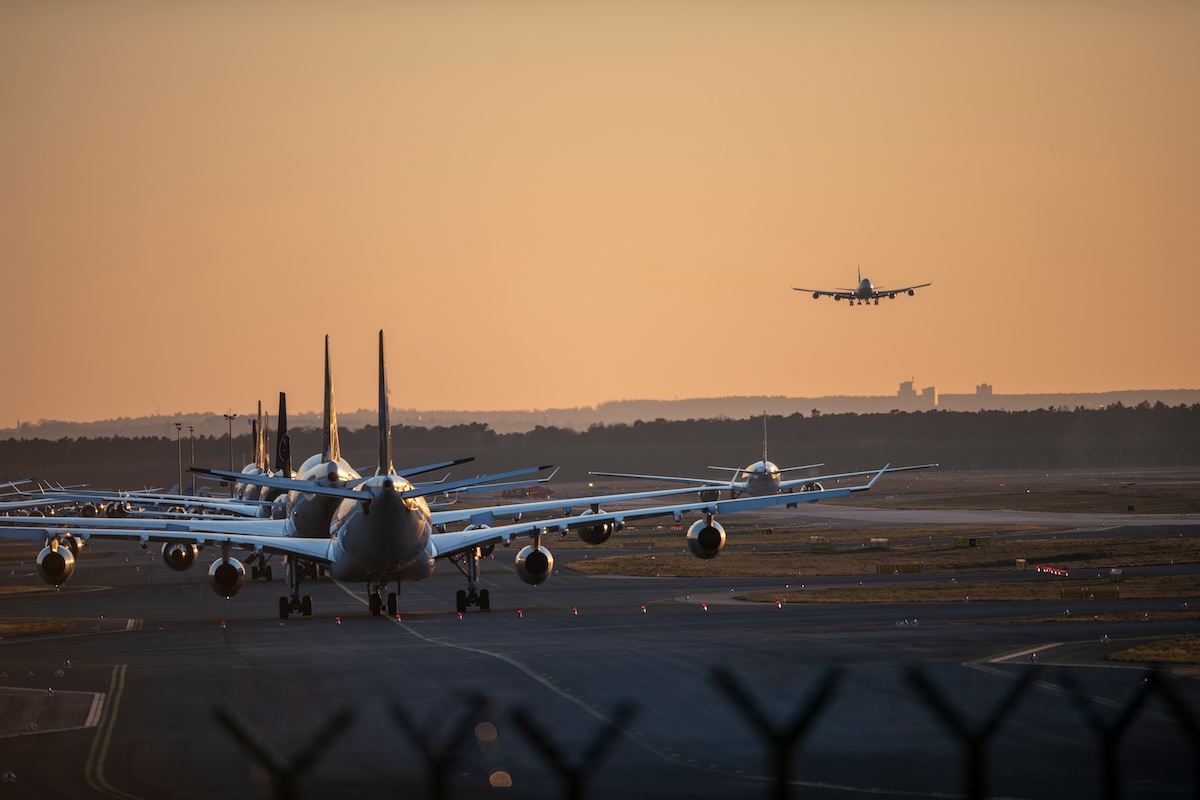
Boeing (BA) took another hit this week following reports that China instructed its airlines to suspend all future purchases of Boeing jets, marking a dramatic escalation in the U.S.-China tariff standoff.
According to Bloomberg citing anonymous sources, Chinese carriers received the directive over the weekend after Beijing slapped a 125% retaliatory tariff on U.S. goods.
The new guidance reportedly goes beyond aircraft, halting purchases of all U.S.-made aviation equipment.
To soften the blow for domestic carriers, China is said to be exploring financial support for companies leasing Boeing aircraft.
President Trump weighed in on the move, writing on Truth Social that China “just reneged on the big Boeing deal” signed during his first term.
The escalation marks a stunning reversal for Boeing, which once enjoyed strong support from China.
Back in 2017, the company projected $1.1 trillion in aircraft sales to China over the next decade, fueled by a booming middle class and rising travel demand.
The International Air Transport Association (IATA) even forecast China to overtake the U.S. as the world’s largest aviation market.
That forecast may still hold, but Boeing may no longer be positioned to benefit from it.
Boeing down, Airbus up
The latest report was a blow to Trump’s “America First” agenda.
Boeing stock fell 2.4% on the news, deepening its year-to-date loss to 12.1%. Meanwhile, European rival Airbus surged more than 4%.
While Boeing continues to grapple with a battered reputation and ongoing fallout from its 737 MAX program, Airbus has quietly taken the lead in the global aircraft race.
In 2024, Airbus secured 766 commercial jet orders — more than double Boeing’s 348. Revenue rose 6% to 69.2 billion euros ($78.3 billion), while adjusted earnings reached 5.4 billion euros ($6.1 billion).
Boeing, on the other hand, posted a brutal year. Revenue fell 14% to $66.5 billion, and net losses ballooned to $11.8 billion — up from $2.2 billion in 2023.
Its commercial aircraft division delivered just 57 planes in the fourth quarter, compared to 157 a year earlier.
The company is also in the midst of a major labor strike that sidelined 33,000 machinists for months before a deal was reached in November. The new contract includes a 38% pay raise over four years.
For Boeing, the trade war has now gone from abstract policy risk to real damage.
The timing couldn’t be worse. With China poised to dominate global aviation demand for decades, locking Boeing out of that market hands a massive opportunity to Airbus — the very kind of industrial shift Trump’s tariffs were supposed to prevent.
Instead of reinforcing U.S. manufacturing dominance, Trump’s trade war may have unintentionally accelerated Boeing’s descent while helping its biggest rival take flight.
Your email address will not be published. Required fields are markedmarked